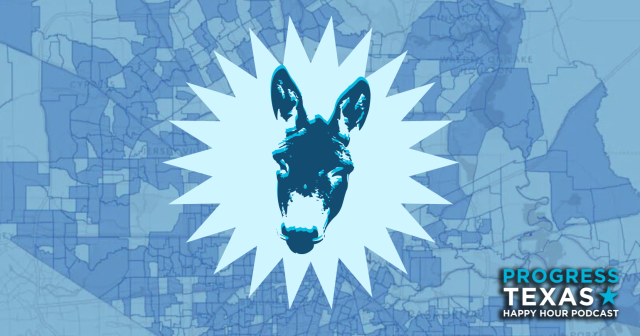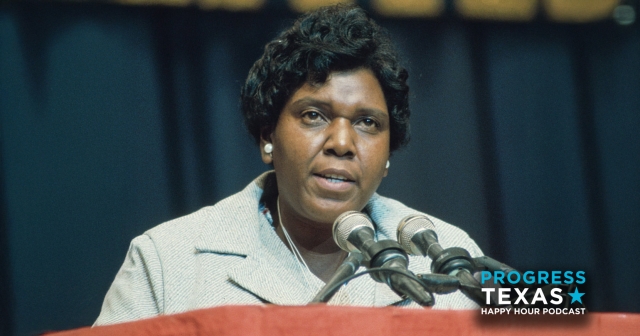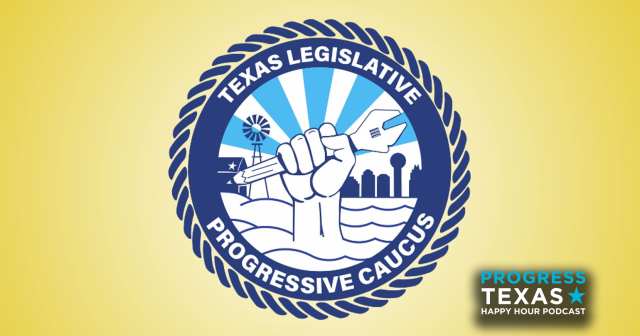The upcoming 2020 election, and in particular, the use of mail-in ballots, has become a hot topic throughout the country as state and local governments navigate how to successfully execute their elections while maintaining public safety in the age of the Coronavirus pandemic.
In fact, the spread of COVID-19 has become so ominous that Texas has delayed all of its May primary runoff elections to July in an effort to protect public health.
This pandemic has been the impetus for many voting rights advocates to reiterate the call on state legislatures to expand mail-in ballot accessibility. Progress Texas has a petition calling for 100% vote-by-mail, and high profile voting rights organizations, like the Texas Civil Rights Project, have recently sent a letter to the Texas Secretary of State arguing that this pandemic qualifies every Texan for a mail-in ballot, despite current state law restricting mail-in ballot eligibility to only four categories of people.
TCRP argues that “...everyone qualifies for mail in ballots under pandemic conditions (no special legislative session necessary) because we all fall under having a “physical condition that prevents the voter from appearing at the polling place on election day without a likelihood . . . of injuring the voter’s health.”
As noted by Marc Elias’s Democracy Docket, “Vote by mail is always good policy, but right now it is a critical part of democracy.”
There’s no question that in the age of COVID-19, voting by mail would be the easiest, most impactful solution to ensuring that every person could cast a ballot that counts.
However, Texas has long implemented this process burdened not only with restrictions around eligibility, but also with fatal flaws around the signature review process, which is being actively litigated in court right now.
A closer look into Texas’s current mail-in ballot process in the midst of a global pandemic has brought up even more questions around the mechanisms by which Texas would be able to execute a smooth shift to a statewide mail-in ballot program. First and foremost, of course, Texas would need to adopt the legal guidance from TCRP, and other voting rights advocates, and expand mail-in ballot access for all Texans, with prepaid postage.
The state would also need to address the lack of process and guidance provided to volunteer signature review panels. And lastly, if the spread of this virus gets worse before it gets better, as is anticipated, we will need to think about how mail-in ballots are delivered in the case post offices close.
Texans should not be asked to choose between their physical well-being and their fundamental right to vote. This issue is further highlighting our need to modernize our election system and bring it into the 21st century.
Some may be asking why people are even talking about the election so much when so many lives, and financial livelihoods, are at risk. The reason is that this goes beyond elections.
The ability to cast a ballot that counts - especially now, in a time where we are being forced to isolate from our communities and are prevented from experiencing in-person connection - can help give us a sense of normalcy back. In a significant way, voting is not only about which candidate gets the most ballots under their name, it is about being able to see your individual connection to your larger community. And we need that now more than ever.
_____
Ali Lozano is the Voting Rights Outreach Coordinator at the Texas Civil Rights Project where she develops and implements legal advocacy initiatives in response to shifts in policies affecting voting rights. She has previously worked for the LGBTQ Victory Fund and the Texas Freedom Network and has served on three boards for organizations working to advance LGBTQ equality and reproductive justice.
DONATE
Your donation supports our media and helps us keep it free of ads and paywalls.









